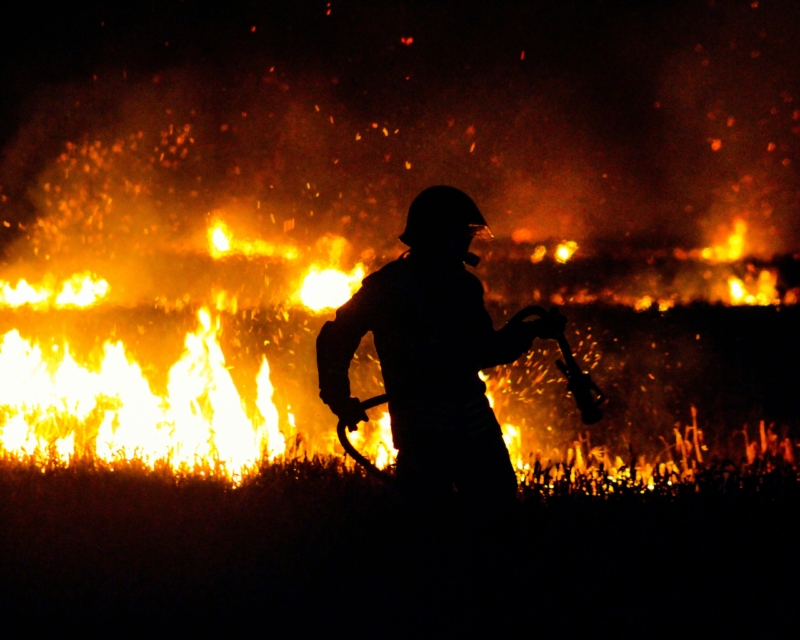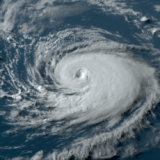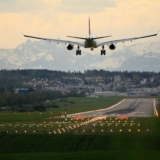Climate Change Threatens Air Quality Due To Forest Fires
In an era where climate change looms large on the horizon, the battle for clean air is becoming increasingly challenging. A recent report coupled with an innovative online tool sheds light on the alarming reversal of air quality gains in the United States, with wildfires emerging as a primary driver of pollution.
The report, a sobering reminder of the interconnectedness of climate change and air quality, paints a grim picture of a planet in peril. As temperatures continue to rise, wildfires have become more frequent and intense, spewing vast quantities of pollutants into the atmosphere. These pollutants, including fine particulate matter and toxic gases, pose a significant threat to public health, exacerbating respiratory illnesses and cardiovascular diseases.
The online tool, a testament to the power of technology in the fight against climate change, provides a comprehensive overview of rising air quality risks across the US. With interactive maps and real-time data, it offers a glimpse into the environmental challenges facing communities nationwide, empowering policymakers and the public alike to take action.
But while wildfires may grab the headlines, they are just one piece of the puzzle. Climate change has far-reaching implications for air quality, affecting everything from industrial emissions to transportation patterns. As the planet warms, so too does the air, leading to the formation of ground-level ozone and other harmful pollutants.
In the face of these mounting challenges, bold action is needed to protect our air and safeguard public health. This means investing in clean energy sources, transitioning away from fossil fuels, and implementing stringent emissions standards. It means reimagining our cities and transportation systems to prioritize sustainability and resilience. And it means confronting the root causes of climate change with urgency and determination.
But perhaps most importantly, it means acknowledging the reality of the situation and coming together as a global community to address it. Climate change is not a problem that can be solved by any one country or individual – it requires collective action on a scale never before seen. And as the stakes continue to rise, so too must our commitment to confronting this existential threat head-on.
In the end, the fight for clean air is not just about preserving the environment – it’s about protecting the health and well-being of future generations. It’s about ensuring that every person, regardless of their background or circumstance, has the right to breathe clean air and live in a healthy environment. And it’s about recognizing that the choices we make today will shape the world we leave behind for those who come after us.






